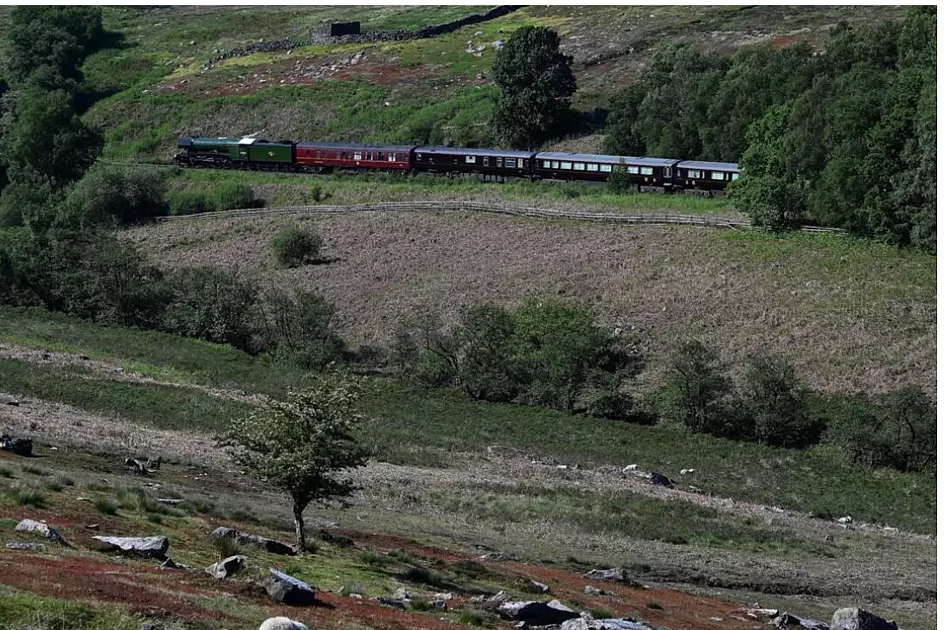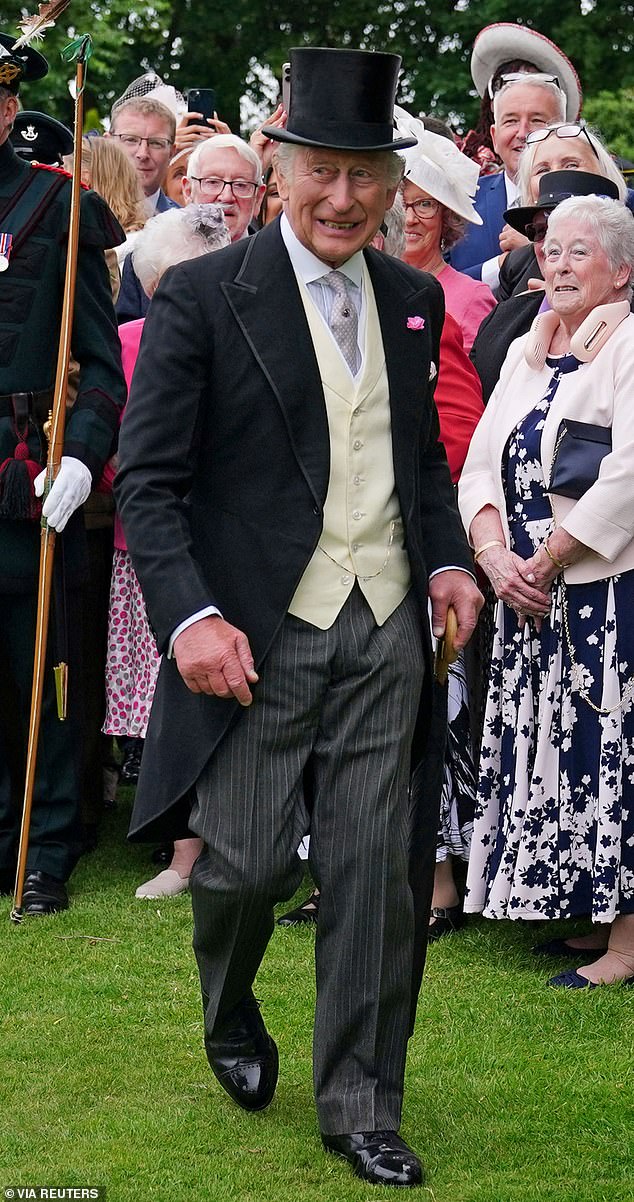Hollywood Revisits a Classic: 10 Things I Hate About You to Get Sequels

In a move that has sparked both excitement and skepticism among fans, the director of the 1999 teen romantic comedy '10 Things I Hate About You', Gil Junger, has announced plans for a sequel trilogy. The new films, tentatively titled '10 Things I Hate About Dating', '10 Things I Hate About Marriage', and '10 Things I Hate About Kids', aim to explore different stages of adult life, continuing the legacy of the original film that was loosely based on Shakespeare's 'The Taming of the Shrew'.
Junger revealed in an interview with People magazine that the first film in the trilogy, '10 Things I Hate About Dating', is currently in development. While the project has yet to be greenlit, the director expressed optimism about bringing the original cast back for cameos or even significant roles. Julia Stiles, who played the iconic Kat Stratford, is among those Junger hopes to collaborate with again, acknowledging the profound impact her character had on young women.
The absence of Heath Ledger, who delivered a memorable performance as Patrick Verona in the original film, will undoubtedly be felt. Ledger's untimely death in 2008 left a void in Hollywood, and Junger has expressed a desire to honor his legacy in the sequels. Details on how this will be achieved remain under wraps, but the director's commitment to paying tribute to Ledger's contribution to the original film is clear.
As the entertainment landscape continues to evolve, with podcasts now competing with traditional media for awards like the Golden Globes, the announcement of a sequel trilogy to a beloved classic underscores the enduring appeal of storytelling that resonates across generations. Whether the new films can capture the charm and wit of the original remains to be seen, but the project is already generating buzz for its ambitious scope and the potential return of familiar faces.




